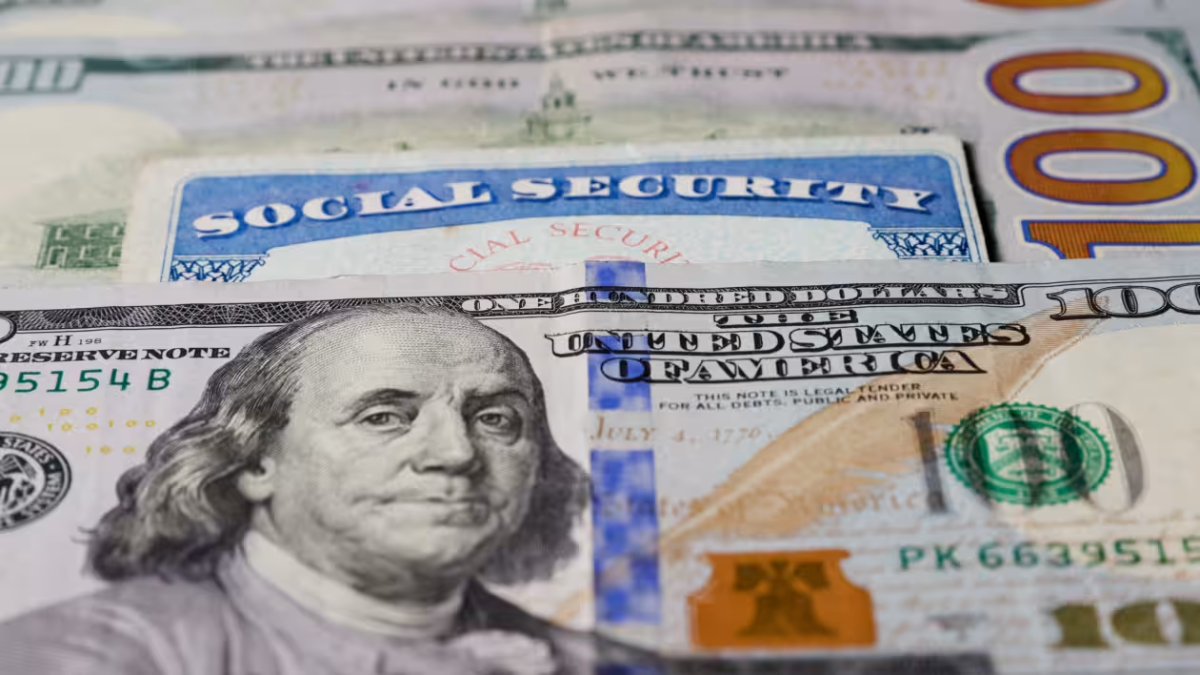Millions of Americans rely on Social Security benefits to make ends meet, and February’s final direct deposit is one of the most anticipated payouts of the year. For those wondering whether they’ll receive the full $1,580 payout, understanding the eligibility criteria and payment schedule is crucial. Here’s everything you need to know about February’s last Social Security direct deposit.
1. Who Qualifies for the $1,580 Payment?
The $1,580 figure represents the average monthly Social Security benefit for retired workers in 2025. However, not everyone will receive this exact amount. The size of your monthly benefit depends on several factors:
- Work History: Your benefits are based on your average indexed monthly earnings (AIME) and the number of years you’ve worked. Individuals with higher lifetime earnings are more likely to qualify for higher benefits.
- Age of Retirement: Those who claimed Social Security at full retirement age (FRA) are eligible for the full benefit amount. Early retirees who claimed benefits at age 62 will see reduced payouts, while those who delay retirement past FRA can receive increased benefits.
- Cost-of-Living Adjustments (COLA): The 2025 COLA adjustment has boosted benefit amounts, helping recipients keep up with inflation.
If your calculated benefits align with or exceed $1,580, you’re likely to receive this amount in February’s final deposit.
2. February Payment Schedule Explained
Social Security payments are distributed based on recipients’ birthdates. The payment schedule for February 2025 is as follows:
- First Wednesday (February 5): Payments for those born between the 1st and 10th of the month.
- Second Wednesday (February 12): Payments for individuals born between the 11th and 20th of the month.
- Third Wednesday (February 19): Payments for those born between the 21st and 31st of the month.
- Fourth Wednesday (February 26): Payments for Supplemental Security Income (SSI) recipients or others receiving benefits on a different schedule.
If your payment hasn’t arrived by the expected date, it’s important to contact the Social Security Administration (SSA) for assistance.
3. Factors That Could Affect Your Payment
Several factors could influence whether or not you receive the $1,580 payout:
- Medicare Deductions: If you’re enrolled in Medicare Part B or Part D, premiums may be deducted from your monthly Social Security payment, reducing the amount you receive.
- Tax Withholding: Some beneficiaries elect to have federal income taxes withheld from their payments, which can also lower the net amount deposited.
- Overpayment Adjustments: If the SSA has determined that you were overpaid in the past, they may deduct amounts from your current benefits to recover the overpayment.
To maximize your payout, ensure that your SSA account information is accurate and up-to-date.
4. What to Do If Your Payment Is Delayed
If you don’t receive your February payment on time, take the following steps:
- Wait a Few Days: Payments may be delayed due to banking holidays or processing errors.
- Verify Your Bank Account: Confirm that your bank details are correct and that there are no issues with your account.
- Contact the SSA: Reach out to the Social Security Administration at 1-800-772-1213 to report a missing payment.
- Use Your MySSA Account: Log in to your online SSA account to check the status of your payment.
Prompt action can help resolve issues and ensure future payments arrive on time.
5. Tips for Managing Your Social Security Benefits
To make the most of your Social Security payments, consider these strategies:
- Create a Budget: Plan your expenses around your monthly benefits to ensure financial stability.
- Explore Additional Assistance: Depending on your income and assets, you may qualify for Supplemental Nutrition Assistance Program (SNAP) benefits, Medicaid, or other programs.
- Monitor COLA Updates: Keep an eye on annual COLA adjustments to understand how inflation will affect your benefits.
- Save Strategically: Set aside a portion of your payment for emergencies to avoid financial strain.
Conclusion
The last Social Security direct deposit of February could bring a $1,580 payout for those who qualify, offering a financial boost to millions of retirees, disabled workers, and survivors. By understanding the payment schedule, eligibility criteria, and factors affecting your benefits, you can better prepare for your financial needs. If you’re unsure about your payout or experience delays, take proactive steps to resolve the issue and maximize your Social Security income.
Disclaimer – Our team has carefully fact-checked this article to make sure it’s accurate and free from any misinformation. We’re dedicated to keeping our content honest and reliable for our readers.







